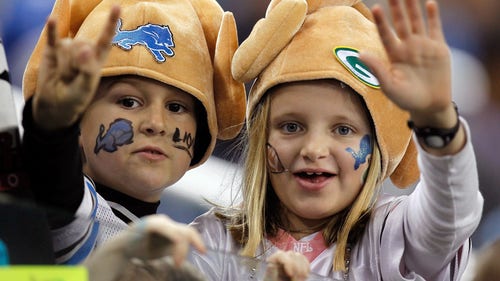European court set to study soccer's homegrown player quotas
GENEVA (AP) — A second soccer legal case is heading to the European Court of Justice, after the referral of the Super League clubs’ dispute with UEFA.
A judge in Belgium has asked the European Union’s court in Luxembourg to examine if
Rules shaped by UEFA since 2005 — with aims that include limiting wealthy clubs hoarding players from across Europe — and later applied in Belgium were challenged in that country as a restriction on recruitment and team selection options.
The referral decision was made on Friday by a judge in the French-speaking court of first instance in Brussels.
The case was started last year by Royal Antwerp and its then-player Lior Refaelov, an Israel international. It challenges the Belgian Football Association for setting quotas of homegrown players in a club’s first-team squad and matchday team list.
A Belgian club’s squad limit of 25 senior players over the age of 21 must include eight players who were developed in the country. At least six homegrown players must be among the starting lineup or substitutes for a game.
Lawyers for Royal Antwerp and the 35-year-old Refaelov argued their ability to recruit, be signed and make team selections have been limited, according to a Brussels court document seen by The Associated Press.
Among their arguments is that homegrown quotas favor higher population countries having a larger pool of potential players. Belgium’s population is about 11.5 million.
The Belgian FA has applied homegrown quotas since 2011, at the start of a decade when the men’s national team became the world’s top-ranked and reached the 2018 World Cup semifinals.
Belgium's top-tier league said on Monday abolishing the homegrown players quota on matchday team lists "is not on the agenda.”
“If the best players trained by our clubs are not given a chance to play in our league, it is unlikely that the future generation of Red Devils will be able to meet the public’s expectations,” said Pierre François, the Pro League CEO.
Belgian soccer authorities followed UEFA, which got approval from national members in 2005 to create a rule designed to protect local-trained players in its club competitions such as the Champions League.
“It also aims to counter the trend for hoarding players and to try to re-establish a ‘local’ identity at clubs,” UEFA has said of its homegrown rule.
Since 2009, a club playing in UEFA competitions must name eight homegrown players of any nationality in a 25-player squad. There are no quotas on matchday team selection.
At least four of the homegrown players must have spent three years with the club between the ages of 15 and 21. Up to four could have been trained at another club from the same country.
Because nationality is not a barrier, the UEFA rule was
Still, the judge in Brussels decided last week to ask for preliminary rulings from Luxembourg to interpret articles 45 and 101 of the Treaty on the Functioning of the European Union.
The European Court of Justice has a storied history with soccer and is currently studying the high-stakes Super League case. Clubs led by Real Madrid, Barcelona and Juventus are trying to end what they say is a UEFA-FIFA monopoly on organizing international competitions.
The court delivered the so-called Bosman Ruling in 1995 that had a seismic effect on soccer.
That verdict in favor of Belgian journeyman Jean-Marc Bosman freed out-of-contract players to join another club without a transfer fee and helped drive up salaries. It also ended nationality quotas which limited clubs hiring players from inside the EU.
One of Bosman’s lawyers, Jean-Louis Dupont, is part of the team representing Royal Antwerp. He and another Belgian lawyer, Martin Hissel, are also working with the Super League clubs.
___
Associated Press writer Samuel Petrequin in Brussels contributed to this report
___
More AP soccer: https://apnews.com/hub/soccer and https://twitter.com/AP_Sports







